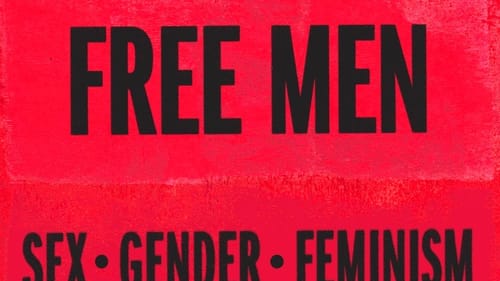Stay in the Loop
BSR publishes on a weekly schedule, with an email newsletter every Wednesday and Thursday morning. There’s no paywall, and subscribing is always free.
Camille Paglia's greatest hits
'Free Women, Free Men: Sex, Gender, Feminism' by Camille Paglia

In her fourth decade as one of America’s most idiosyncratic, controversial, and divisive public intellectuals, Camille Paglia has published a new essay collection, Free Women, Free Men: Sex, Gender, Feminism. The Paglia style, with all its virtues and vices, are on prominent display in her new book and were present in her recent talk at the Free Library of Philadelphia.
Can we talk?
Paglia, a professor at the University of the Arts since 1984, decided not to sit for an onstage interview as is customary for the library’s author events. She grabbed the microphone and riffed for about a half hour, with the bearing and style of a stand-up comedian. As she often does, she cited Joan Rivers as an influence and an inspiration.
Her talk, much like her book, alighted on most of the usual Paglia touchstones: her battle with mainstream feminists, her even more intense war with the poststructuralist wing of academia. And there were, of course, various asides about popular culture -- she’s not a fan, she said, of the FX Channel's miniseries Feud: Bette and Joan.
The talk was, perhaps refreshingly, free of discussion of Donald Trump and other aspects of day-to-day presidential politics, but there were still fireworks. At one point, Paglia argued with a man in the audience who had kind words for poststructuralist Michel Foucault, a longtime Paglia bête noire. Paglia’s long-running feuds with various enemies are a continuing theme of the new book, collected essays on subjects related to sex and gender, published between the early 1990s and today. What’s truly fascinating about the collection is how these issues have receded and resurfaced, over and over again, over the years.
Getting it right and wrong
The author, as always, evinces the contradictions of an iconoclastic public contrarian: she makes fascinating points that aren’t made by many people, and makes them in a creative, wily way. Yet, at the same time, some sacred cows are sacred for a reason.

Over the years, she has gotten a lot of things right. In my opinion, she was on the right side of the pornography wars, while Catherine MacKinnon and Andrea Dworkin were in the wrong. She has incisive insights on subjects as diverse as Madonna, plastic surgery, and stiletto heels. She’s a defender of the virtues of sexuality and of “strong women.” She’s also correct about the general ridiculousness of postmodern and poststructuralist approaches to academia. I’d argue, though, that it’s not the overarching plague on society she claims. Quick test: Ask 20 of your friends who don’t have graduate degrees if they even know what poststructuralism is.
Paglia is far more wrong about “date-rape hysteria.” Popular culture also isn’t quite as in the toilet as Paglia believes. She has a tendency to repeat herself, although, to be fair, that’s likely true of any writer if you put 40 of their essays together in one collection.
Get off her lawn
At her worst, Paglia appears as a well-known older person with lots of angry opinions about “kids these days”; it’s about as far from idiosyncratic and iconoclastic as one can get. Her views on “campus political correctness” are just as simplistic and un-nuanced as those of most people who opine on the topic.
But she still surprises. Paglia said after the speech, as she has in a couple of interviews over the years, that she loves sports talk radio, especially in its Philadelphia formats, praising it as one of the few remaining bastions of free, unfiltered expressions of masculinity. What I wouldn’t give to see Paglia and Angelo Cataldi interact onstage for two hours.
The Camile Paglia experience isn’t everybody’s cup of tea. But anyone who has followed the oft-contentious feminism wars of the last 25 years will likely gain something of value from this new collection.
What, When, Where
Free Women, Free Men: Sex, Gender, Feminism. By Camille Paglia. Pantheon, 2017, 352 pages; $14.14, hardcover. Click here.
Sign up for our newsletter
All of the week's new articles, all in one place. Sign up for the free weekly BSR newsletters, and don't miss a conversation.
 Stephen Silver
Stephen Silver